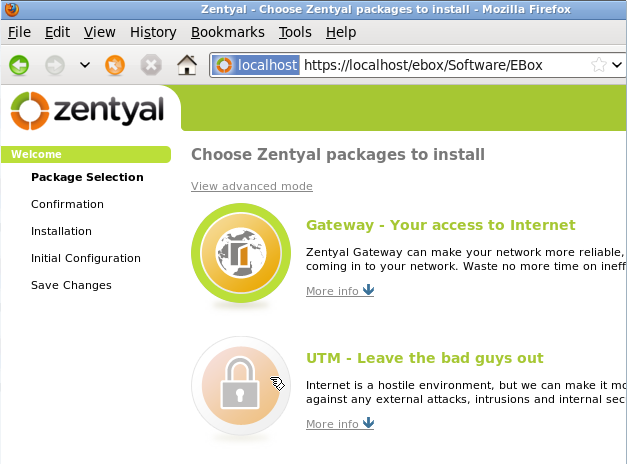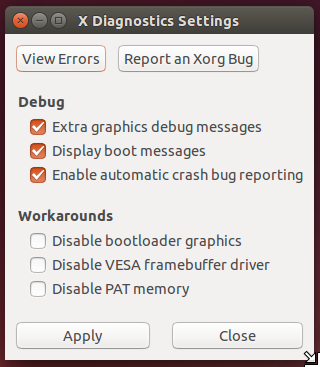People expect digital platforms to be fast, reliable, and always available. This demand has encouraged businesses to rely heavily on innovative technology and strong security systems. Behind what appears simple to users is a network of tools that keeps everything operating smoothly.
Industries depend on systems that can expand quickly, protect private data, and comply with strict regulations. Open-source software, including Linux distros like Ubuntu and Fedora, robust encryption, and recognized industry frameworks help platforms remain compliant and secure. These tools are used across many sectors to maintain stable services and build user trust.
Compliance frameworks and industry standards
Every industry has its own set of rules. These rules, known as compliance frameworks, ensure companies protect user data and operate responsibly. They are critical in industries that deal with money, health, or personal information.
For example, in the United States, the California Consumer Privacy Act (CCPA) requires companies to be transparent about collecting and using data. It also allows users to request that their data be deleted or corrected.
The Gambling Commission sets technical standards in the United Kingdom that licensed platforms must meet. These standards address fair play, user protection, and secure data handling.
NZ online casinos also follow strict local regulations. These focus on data encryption, secure payment systems, and safe platform design. The goal is to protect users without interrupting their online experience. While frameworks differ from one region to another, they all share the same objective: keeping people safe while they are online.
Server architecture and scalability
Not all platforms are designed the same way. Some are built to support small groups of users, while others must manage millions simultaneously. Server architecture becomes essential here, as it determines how traffic and data are handled.
Well-built platforms plan for traffic spikes during product launches, livestreams, or major news events. Systems can crash, slow down, or lock users out without a strong foundation. To prevent this, companies use scalable infrastructure to increase or reduce computing power as traffic changes.
Cloud hosting, load balancers, and content delivery networks (CDNs) help distribute the load evenly so that no single server becomes overwhelmed.
Role of open source systems
Many businesses now rely on open source software to build flexible and cost-effective platforms. These tools are free to use and can be continuously improved by developers around the world, making them easier to adapt and faster to update.
Open-source tools also reduce the time needed to fix bugs or respond to new security threats. With large developer communities supporting them, problems are identified and resolved quickly. Popular technologies such as Linux, Apache, and PostgreSQL form the backbone of many large-scale online services, proving that free tools can still be robust and reliable.
Using open-source software also prevents companies from depending on a single vendor. This independence allows organisations to customise tools to their needs, improving performance and reducing downtime. The flexibility of open-source systems supports platforms that experience high daily user demand.
Encryption and user data protection
Whenever someone logs into a platform, sends a message, or makes a payment, their data travels across the internet. That information must remain secure. Encryption makes this possible by converting plain data into unreadable code.
This process protects sensitive details such as passwords, card numbers, and personal information. Only authorised users and systems can access or decode the data. For this reason, encryption is an essential component of any trustworthy online platform.
Encryption also helps companies meet legal data protection requirements. Many countries enforce strict laws that govern how personal information is managed. Platforms that fail to comply risk significant fines and a loss of user trust. Therefore, encryption safeguards data and helps businesses maintain their credibility and operational integrity.
Cybersecurity practices in high-traffic environments
Large platforms face higher security risks and must adopt proactive cybersecurity strategies. Firewalls block unwanted traffic, while monitoring systems detect unusual behaviour that may indicate a potential attack.
Regular software updates, daily backups, and two-factor authentication are vital practices that prevent breaches and support quick recovery if issues occur. These measures help reduce risk and ensure that services remain online under pressure.
Employee training is another key part of cybersecurity. Staff learn to identify phishing attempts, weak passwords, and other vulnerabilities. Users expect their personal information to remain protected, and even a single mistake can lead to lasting reputational or data security damage. While users scroll, stream, or shop, a comprehensive security plan runs quietly in the background, constantly checking, blocking, and updating systems.
Wrap up
Every well-performing online platform relies on a carefully designed technological foundation. Strong server architecture, reliable open-source tools, secure data practices, and adherence to compliance standards all contribute to keeping systems fast, safe, and dependable.
Although most users never see the complex technology at work, they benefit from its stability and security every time they go online. This combination of innovation and security powers the modern online world, making it appear effortless even when it is anything but simple.







